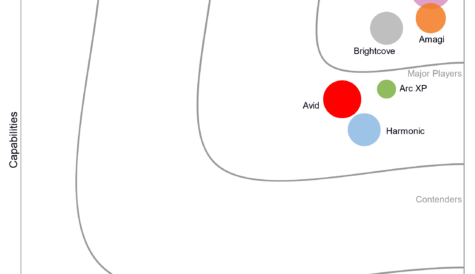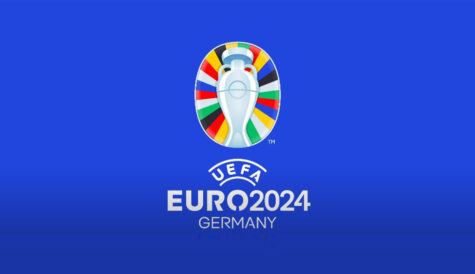
After more than 40 years of operation, DTVE is closing its doors and our website will no longer be updated daily. Thank you for all of your support.
A message to our readers
 This is the final article to be published by Digital TV Europe.
This is the final article to be published by Digital TV Europe.
Those of you who have received our daily newsletter will be aware that our website is now closed. While existing content will remain visible for some time to come, no new posts will be published and no further DTVE Dailies, Data Weeklies or Week in View newsletters will arrive in your inbox.
Digital TV Europe was launched just over 40 years ago. Originally published as Cable & Satellite Europe, in those distant pre-internet days exclusively as a monthly print magazine, it provided news, features, analysis and data about the nascent multichannel TV industry.
Cable & Satellite Europe, morphing into Digital TV Europe, has therefore covered the European multichannel TV business almost from the beginning, Eutelsat having launched the first European direct-to-home satellite channel a couple of years before our first print issue appeared.
The title was around for the launch of Canal+’s terrestrial pay TV service, the launch of Sky TV by Rupert Murdoch and its doomed rival BSB, and the near simultaneous launches of Canal+/Bertelsmann/Kirch Group-backed services such as Premiere in Germany and Telepiù in Italy.
It also covered the flawed franchising and rollout of cable TV in the UK (and the debt-financed attempts to bring about its rational consolidation thereafter) as well as the evolution of cable in western Europe from a local utility model to a commercial multiplay one, and the rollout of pay TV in central and eastern Europe from the 1990s.
I began writing about the industry in 1996, in time to cover the UK cable consolidation drama, the development of something called ‘broadband’ as a second string to the operators’ bow (or third string to those in the UK and Spain that offered copper-based phone services) and the dot.com boom and crash. Not to mention those two great hubristic, doomed media consolidations of the early 2000s – the rise of AOL Time Warner (the ‘perfect marriage’ of the internet and traditional media) and Jean-Marie Messier’s fatally single-minded drive to turn dusty utility Compagnie-Générale des Eaux into global media giant Vivendi Universal, both of which came crashing down to Earth about the same time.
Great technological shifts
I became editor of Cable & Satellite Europe, as it then was, 24 years ago this month. The magazine’s subsequent change of title was informed by some of the great technological shifts that have occurred in video distribution since multichannel launched.
Those included first the rise first of digital TV, enabling a vast expansion of the multichannel universe, and then the emergence of IP transmission, opening the way for telecom operators to compete with cable and satellite, and ultimately streaming at scale, opening the way for media companies to become their own distributors.
Digital TV Europe has reported on all these developments and more, covering the industry’s waves of prosperity and retrenchment and the ever-present underlying force of technological change.
We hope you have found our news coverage, analysis, opinion and feature articles useful and insightful.
In signing off, I’d like to thank the wider DTVE team past and present, along with our external contributors and other Informa colleagues, for their commitment, enthusiasm and expertise in designing, populating and commercialising this website and associated resources (including our long-running print magazine).
It has been a privilege to work with the many fantastic people who have contributed over the years, and I’d like to give a special thanks to our current team – marketing manager Abigail Appiah, product manager Alba Bayes, sales manager Grazyna Gray, creative lead Matthew Humberstone and associate editor Melissa Kasule, along with colleagues from our sister title Television Business International – senior account manager Michael Callan, deputy editor Mark Layton and editor Richard Middleton.
Finally, I extend my thanks to our external industry partners, our clients and, not least, our readers, without whom we would never have lasted those incredible 40 years.
Best wishes,
Stuart Thomson


